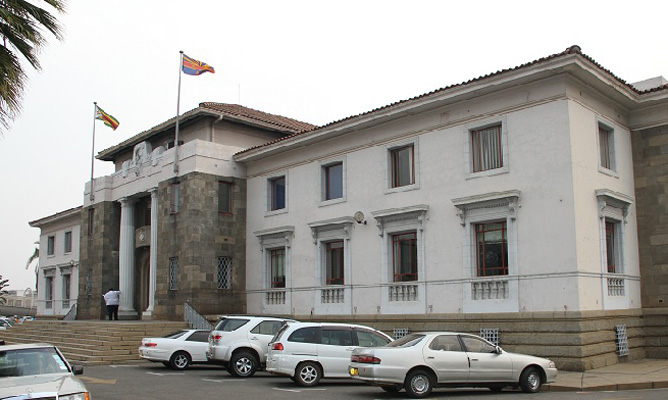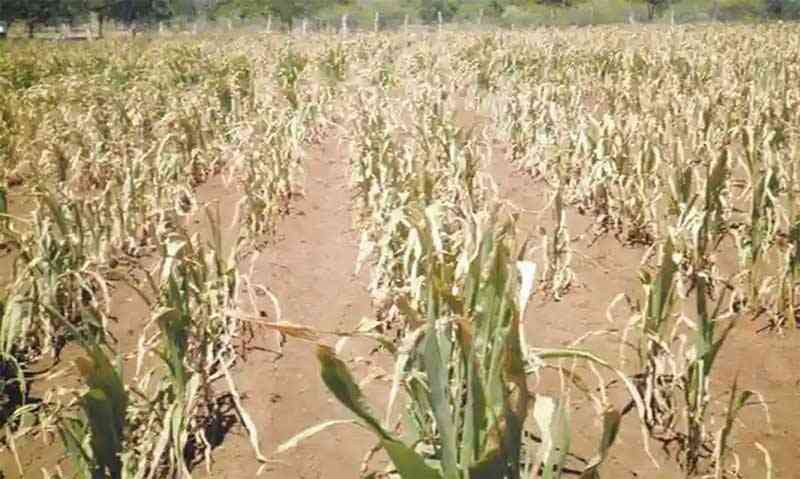
Harare City Council has bowed to pressure from residents and pledged to engage them before launching its proposed prepaid water meter pilot project.
BY SILENCE CHARUMBIRA
Acting town clerk Josephine Ncube told journalists during a tour of the Morton Jaffray Waterworks last week that council had seen it fit to engage all stakeholders after residents threatened to demonstrate against the project.
Council said it plans to roll out its pilot project in the Avenues area and central business district soon and has already invited suppliers of prepaid meters to submit bids.
“We will engage the residents and make proper consultations before we start the project,” Ncube said. She also revealed that council was owed $80 million in unpaid water bills by ratepayers since July 2013 when the Zanu PF government ordered all local authorities to write off residents’ unpaid bills in a move widely viewed as a vote-buying gimmick.
Ncube said residents owed $30 million followed by the business community with $25 million and government with $10 million.
Industry owes just over $6 million while satellite towns such as Chitungwiza, Norton and Ruwa constituted 6% of the total debt.
However, an independent water specialist who refused to be named said the council’s prepaid water meter programme would not produce the desired results because of the city’s porous water reticulation system and low tariffs.
- Chamisa under fire over US$120K donation
- Mavhunga puts DeMbare into Chibuku quarterfinals
- Pension funds bet on Cabora Bassa oilfields
- Councils defy govt fire tender directive
Keep Reading
“The water tariffs in Zimbabwe are very low compared to other African countries. There are also issues to do with poor reticulation and the technological support system that is very expensive,” he said.
“This makes it prone to high physical losses. Before we embark on this project, water audit is usually recommended to ascertain commercial losses, physical losses and non-revenue water. So for Harare if they say they are sitting on 60% of non-revenue water which is also based on estimates, they do not have enough tools to measure the non-revenue water.
“At the water summit we learnt that Kenya had to initiate a five-year plan to reduce the non-revenue water of about 70% through water audits which means the exercise takes very long.”











